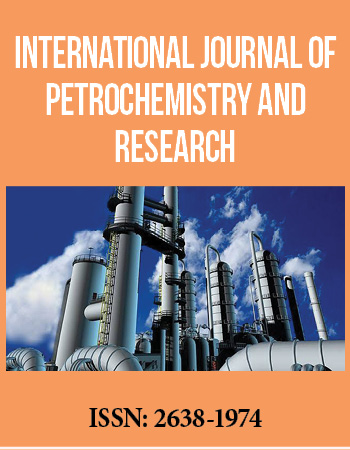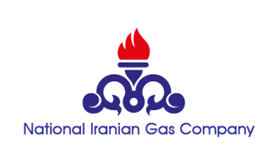2nd International Conference on Petrochemistry
April 25-27, 2018 Rome, Italy
Combustion Analysis of Camurlu Crude Oil by Isoconversional Method
1Colorado School of Mines, USA
2,3,4Istanbul Technical University, Turkey
The Camurlu oil field in southeast Turkey contains ~380 MMbbl of oil with 10-12° API gravity. At this weight, enhanced recovery techniques are necessary. One of these techniques, in-situ combustion or fire flooding, is being considered. The purpose of this research was to experimentally simulate fire flooding and determine if it showed promise. This study consisted of three steps. The first determined individual physical and chemical properties of the sand and oil later combined to simulate the in situ conditions. The second step prepared samples of combined unconsolidated sand, oil, and water, which simulated the in situ conditions of the Camurlu field. Using these samples, we performed kinetics experiments for three different durations: 240, 270 and 360 minutes. From these experiments, we identified three reactions: vaporization of water, low (LTO), and high (HTO) temperature oxidation reactions. Next, we carried out the third step, combustion experiments. During these experiments, we collected the resulting oil and byproducts, carbon dioxide and monoxide. Then, we calculated the activation energies of the reactions taking place during the combustion experiments and developed chemical reaction models representative of the experiments. After combustion experiments, the amount of produced oil accounted for 91.4% of the original oil used. Besides, API gravity of produced oil greatly increased after the combustion experiments. Eventually, we think that Camurlu oil showed to be a promising candidate for in-situ combustion method.
Biography:
Mr. Bakar is a master of science student in petroleum engineering at Colorado School of Mines. He received his BS degree in Petroleum and Natural Gas Engineering from Istanbul Technical University (ITU) in 2015, and MS degree from Colorado School of Mines in 2018. His research areas include reservoir engineering, hydraulic fracturing, phase behavior of hydrocarbons in nano and micro porous environment, fluid dynamics, unconventional reservoir engineering, unconventional reservoirs, numerical reservoir simulation, well stimulation, enhanced oil recovery techniques, diagnostic fracture injection tests (DFITs) and well tests analysis. Finally, he is member of Society of Petroleum Engineers (SPE) since 2013.



